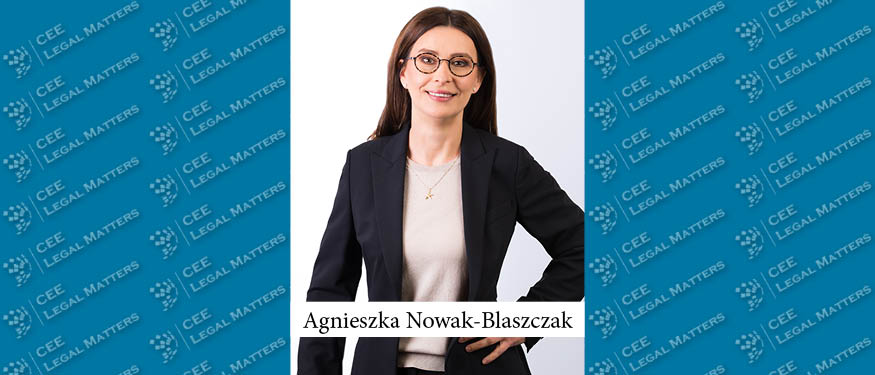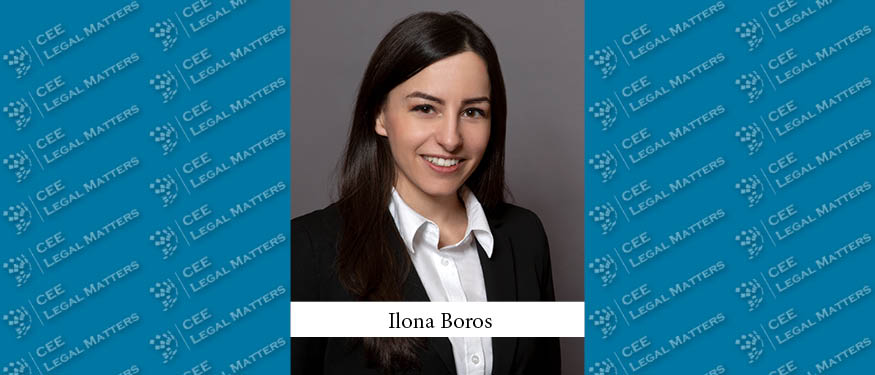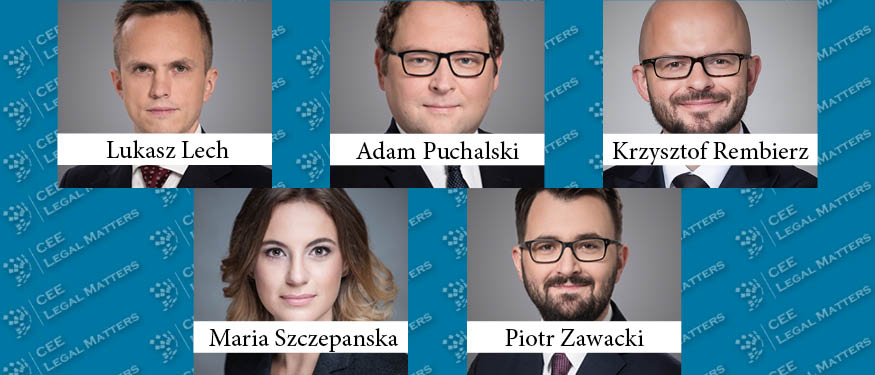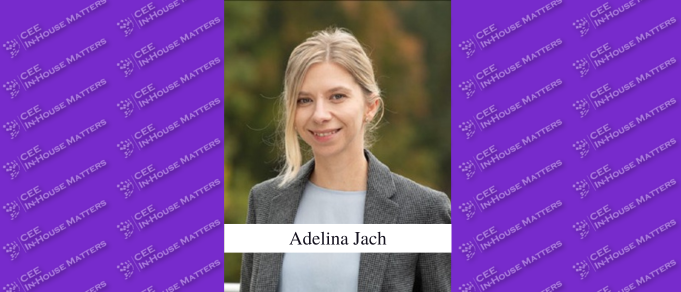Keeping employees motivated and engaged, and retaining the brightest talent can be an effortful task for businesses. Employers agree that fixed net income and mere compliance with basic employment standards are not sufficient and, thus, promote incentive programs as a recognized instrument to navigate this challenge. While worldwide trends in incentivizing employees are similar, each country has developed a set of its own legislative rules and market practices – and Ukraine is no exception.
Poland: Collusion in the Labor Market – Competition Authority Cracks Down on Anti-Competitive Practices
The Polish competition authority – Urzad Ochrony Konkurencji i Konsumentow (UOKiK) – is actively investigating potential collusion in the labor market.
Romania: The Collective Dismissal Process – How It Operates and Its Legal Implications
In a constantly changing economy, companies often face the need to adjust their workforce, sometimes resorting to drastic measures such as the collective dismissal process. According to Romanian labor legislation, the process of collective dismissal entails following a rather laborious procedure, aiming to protect both employers and employees in order to prevent abuses and ensure a smoother transition in restructuring situations.
Czech Republic: Equal Treatment of Employees in M&A Transactions in Light of Recent Case Law
In M&A transactions, there is often a transfer of activities and a subsequent transfer of rights and obligations under employment law within the meaning of European Directive 2001/23/EC on the approximation of the laws of the Member States on safeguarding employees’ rights in the event of transfers of undertakings, businesses or parts of undertakings or businesses (TUPE transfer). As a result, the seller’s employees who worked in the transferred establishment will transfer to the buyer. If the buyer has existing employees, the working conditions of the original and new employees may differ. These differences can pertain to salaries and benefits. Are they permissible?
Hungary: Lost Momentum? Tightened Rules on the Admission and Right of Residence of Third-Country Nationals
According to the National Employment Service’s study on foreign workers, at the end of 2023, there were a total of 87,661 work permits in force, a figure that has increased significantly in the last two years, with only 34,000 valid permits at the end of 2021 and slightly more than 51,000 in 2022.
Austria: Mobile Working – New Legislation and Legal Pitfalls
In recent years, accelerated by the COVID-19 crisis, the Austrian landscape of work has shifted, with remote working becoming a staple in the modern employment environment. In Austria, this development is reflected in the so-called 2021 “Home Office Act” which formalizes fundamental aspects of labor, tax, and social security law. However, the Home Office Act applies only to work performed from home.
Greece: Violence and Harassment in Workplaces – Overview of the Legal Framework
The topic of violence and harassment at work has become increasingly important in Greek employment law. In recent years, Greece has made significant steps by adopting legislative measures aiming at ensuring an equal and healthy working environment for all employees. However, the new framework raises certain complex legal concerns regarding the implementation of the legislation on violence and harassment by the employer. This article provides an overview of these issues within the context of Greek employment law.























